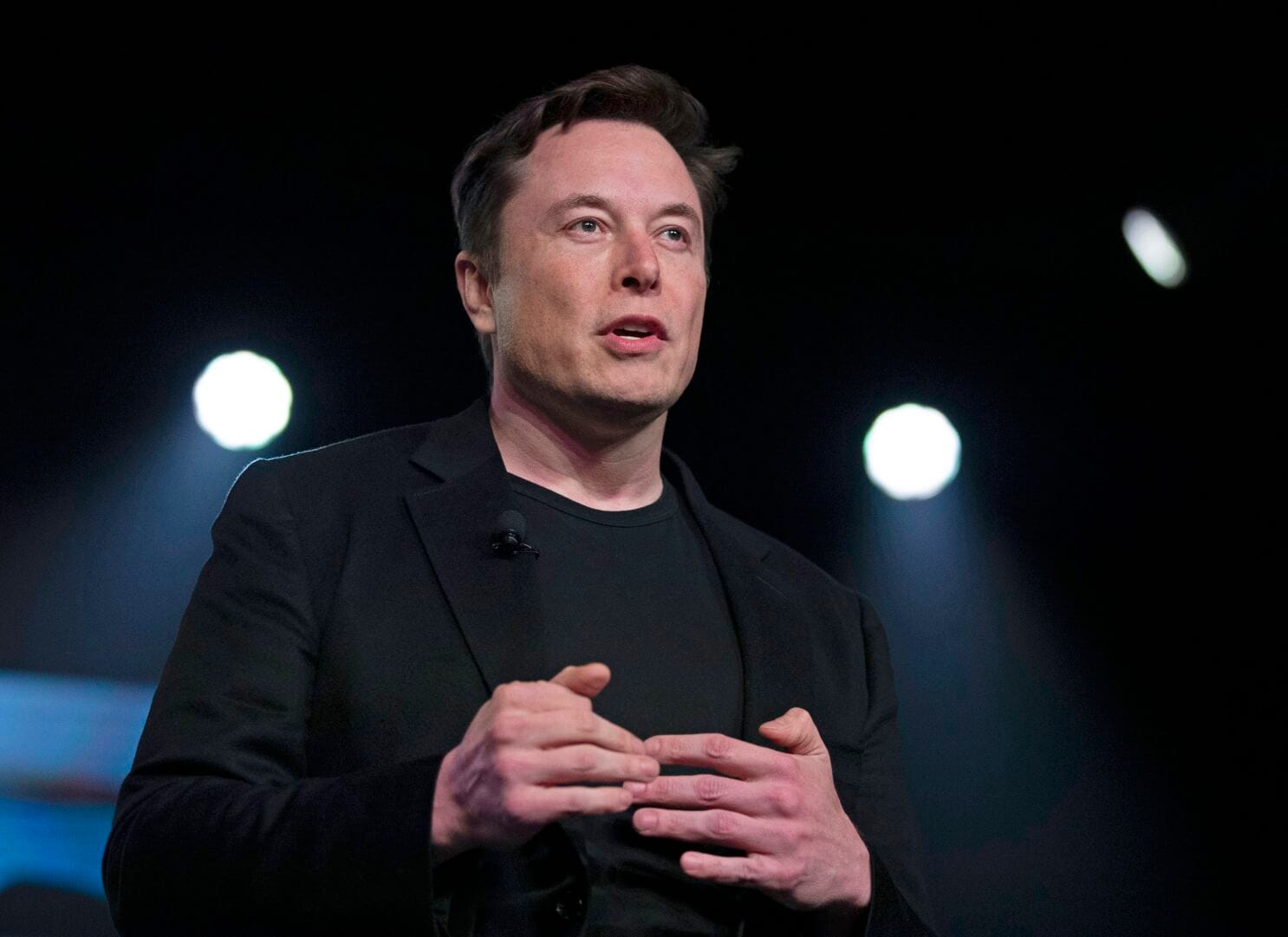In a recent development that has captured international attention, Elon Musk, the CEO of Tesla and SpaceX, has made headlines by encouraging German voters to support the Alternative for Germany (AfD) party in the forthcoming elections. This unexpected endorsement has ignited discussions about the role of influential figures in shaping political opinions and the potential ramifications of such endorsements on the political climate in Europe.
Musk’s comments came during a public appearance where he addressed a variety of topics, including technology, innovation, and the future of democracy. His remarks regarding the AfD were made in the context of advocating for individual freedoms and the importance of diverse political representation. The AfD, which has gained notoriety for its right-wing populist policies and anti-immigration stance, has been a polarizing force in German politics since its inception in 2013.
The timing of Musk’s statement is particularly noteworthy, as Germany prepares for a critical election cycle. The AfD has been steadily increasing its presence in the German political landscape, capitalizing on public discontent regarding issues such as immigration, economic stability, and national identity. Musk’s endorsement could potentially influence undecided voters and lend credibility to the party’s platform, which has faced criticism from various quarters for its controversial positions.
Critics of Musk’s involvement in European politics have raised concerns about the implications of a foreign billionaire influencing domestic elections. They argue that such actions could undermine the integrity of the electoral process and lead to a distortion of democratic values. Supporters of Musk, on the other hand, contend that his comments reflect a genuine concern for the future of democracy and the need for a robust political discourse in Germany.
The AfD has been a subject of intense scrutiny, with many viewing it as a reaction to the changing socio-political landscape in Europe. The party’s rise has been attributed to a combination of factors, including economic uncertainty, dissatisfaction with traditional political parties, and a growing sentiment of nationalism. Musk’s endorsement may resonate with voters who feel disillusioned with the status quo and are seeking alternatives to mainstream political options.
In response to Musk’s comments, various political figures and commentators have expressed their views. Some have welcomed the endorsement as a validation of the AfD’s message, while others have condemned it as an unwelcome intrusion into German politics. The debate surrounding Musk’s involvement highlights the complexities of modern political discourse, where social media and public figures can significantly impact public opinion and electoral outcomes.
As the election date approaches, the AfD is expected to intensify its campaign efforts, leveraging Musk’s endorsement to galvanize support. The party has been actively engaging with voters through rallies, social media campaigns, and public forums, aiming to articulate its vision for Germany’s future. Musk’s comments may serve as a catalyst for increased visibility and engagement, potentially altering the dynamics of the electoral race.
The implications of Musk’s endorsement extend beyond the immediate electoral context. It raises broader questions about the intersection of technology, politics, and public influence. In an era where social media platforms play a pivotal role in shaping political narratives, the actions of high-profile individuals like Musk can have far-reaching consequences. The potential for misinformation, polarization, and the manipulation of public sentiment underscores the need for critical engagement with political discourse.
In conclusion, Elon Musk’s call for German voters to support the AfD has sparked a significant conversation about the role of influential figures in politics and the potential impact of such endorsements on democratic processes. As Germany navigates its electoral landscape, the intersection of technology, public opinion, and political engagement will continue to be a focal point of discussion. The outcome of the elections may not only shape the future of Germany but also set a precedent for how global figures engage with local political issues.



